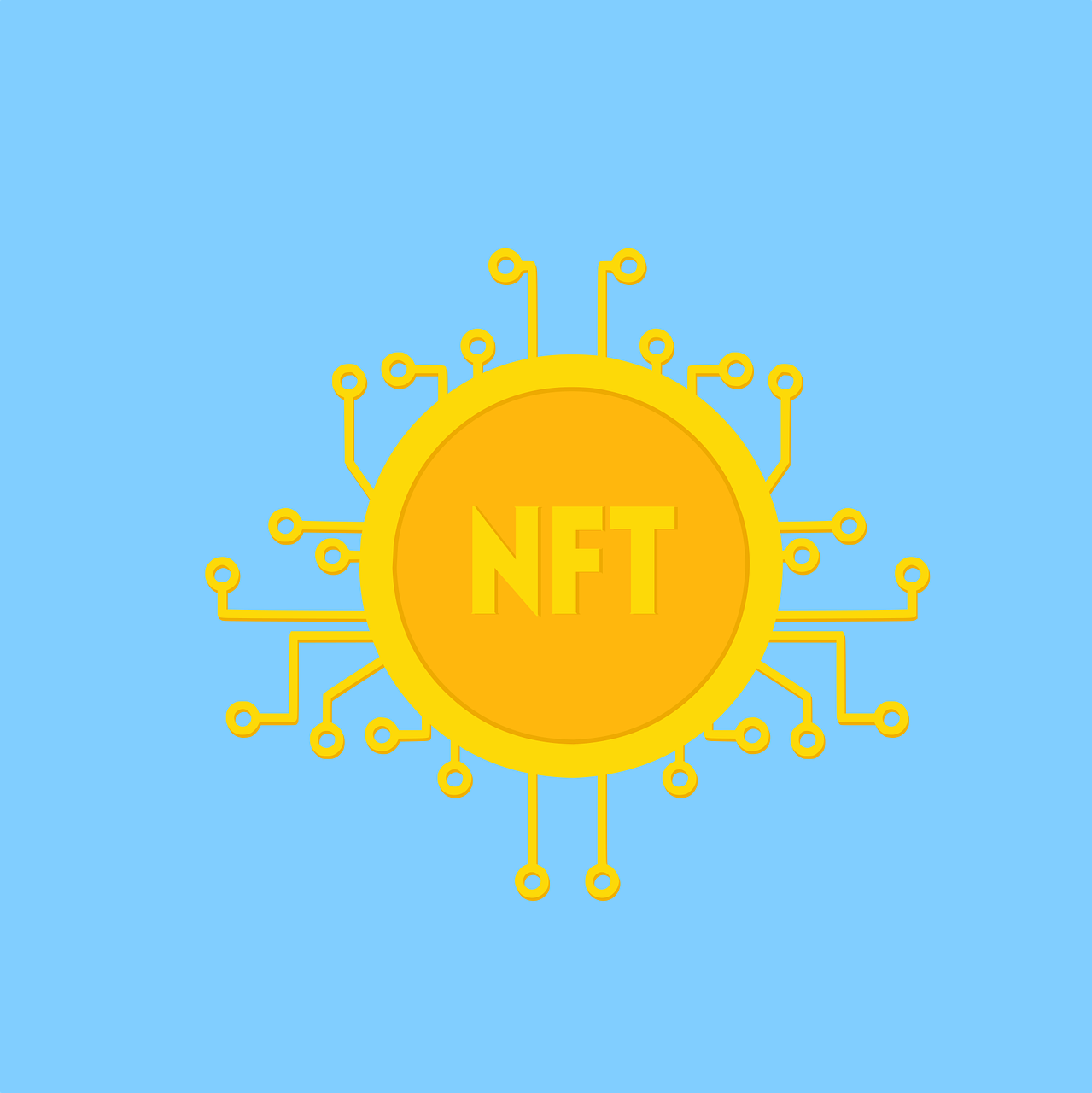NFT gaming developers are focusing on attractive play-to-earn mechanics to lure guilds, but Balthazar CEO and Co-founder John Stefanidis believes they must be ‘play for fun’, too.
It’s no secret that play-to-earn (P2E) gaming is the biggest disrupter this industry has seen in years. Potentially the biggest since the arrival of mobile phones. For the first time in history, a career as a gamer is within reach of the average Jill and Joe. Not just elite professional gamers and influencers.
Q1 2022 hedge fund letters, conferences and more
The seismic shift P2E gaming has brought to countries like the Philippines, Malaysia and Brazil is bringing a ray of hope to a post-COVID world for hundreds of thousands of people. If not millions.
In fact, one of the biggest P2E games, Axie Infinity, reported over two million daily active users. Balthazar’s Community Insights Report also shows one in three gamers would consider quitting their jobs to play and earn full time, as these games become more lucrative and accessible.
While NFT gaming platforms like Balthazar are playing a key role in bridging the gap between those who want to play NFT games and those with the NFTs so both can profit, there’s something we believe must not be overlooked by game studios as the focus narrows on career gaming.
The fun. Or more precisely, that you can play-for-fun (PFF).
That’s because I believe a play-to-earn game should serve both the career gamers and hobbyists in equal measure. And gaming platforms are playing a role in enabling both user groups.
The Importance Of Play-For-Fun In P2E
There needs to be a balance. Games can’t be built just for their earning component. Because if they do, they’re more likely to fail. There’s too big a group of players who don’t play for an income.
As I see it, not only must a game attract both pools of players – career and hobbyist - but one should beget the other.
You’ve got the scholars who are deployed through the guild, who are playing to earn and they may have a different gaming experience within the game. For example, they may do a monotonous task like resource collecting. But importantly that should be required to enhance the experience of the people that are playing for fun. And that’s ok, because they’re getting paid for it. It’s changing the way people earn money in developing countries. It’s a digital microcosm.
In addition, I believe that having a solid play-for-fun layer at the top of your P2E game will be the key to unlocking the migration of traditional gamers into the opportunities offered by Web3.
Gamers will want to engage with play-to-earn games just like they play ordinary games. Especially as AAA gaming companies start building amazing gaming experiences on blockchain networks. These people aren’t just doing it for play-to-earn, if at all. I think they're going to be playing because it’s fun.
It should be clear, then, to blockchain game developers that if they ever want to attract traditional gamers – whose very presence can provide more opportunity for P2E gamers – then they must focus on fun.
Guilds Should Attract PFF Gamers
If it holds true that a successful P2E game must provide experiences for both career and hobby gamers, then guilds must act in kind. We must play a role in bringing to NFT game players from both of these verticals. We must be a platform, with the guild as simply one part of it.
There needs to be a layer of gamers who play for fun that you can acquire through NFT gaming platforms. These gamers are not acquired through the scholarship model. However, they should still be acquired through the platform.
This is what we are building with Balthazar. We’re helping to raise awareness for games through our marketplace, research and soon to be released launchpad. We offer the opportunity to buy NFT game assets easily through our platform and for the first time ever, scholars are already attached and earning yields.
Acquisition of PFF gamers can’t just be done through the guild model. If acquisition comes through the guild model primarily, the guild model itself has to develop. It needs to expand. So, guilds need to be able to facilitate people that are playing for fun as well as playing to earn.
Just as play to earn games must also facilitate play for fun.
About the Author
John Stefanidis is the CEO and Co-founder of NFT gaming platform, Balthazar.






